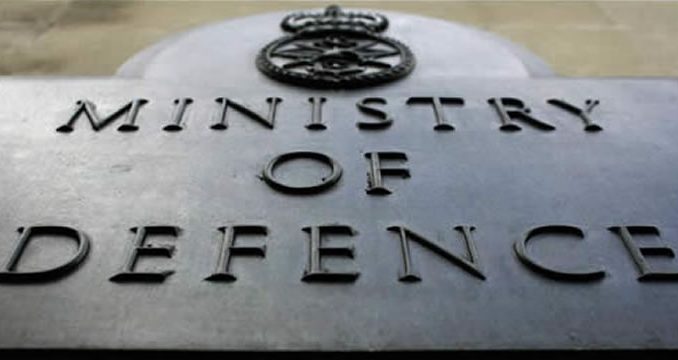
UK based journalists who receive or publish government secrets by whistle blowing organizations such as WikiLeaks could face up to 14 years in jail.
A controversial overhaul of the Official Secrets Act will give UK courts the power to imprison journalists who receive official material that is deemed “sensitive” to the economy.

BYPASS THE CENSORS
Sign up to get unfiltered news delivered straight to your inbox.
You can unsubscribe any time. By subscribing you agree to our Terms of Use
Latest Video
Conservative MP Damian Collins, who is heading an inquiry into combatting the so-called ‘fake news’ problem, says the new proposals need careful consideration, acknowledging that whistle blowing can sometimes be in the national interest.
“We need to ensure that we get the balance right between protecting sensitive official information and allowing debate about facts where there is a clear and overwhelming national interest.”
Telegraph.co.uk reports:
In theory a journalist leaked Brexit documents deemed harmful to the UK economy could be jailed as a consequence.
One legal expert said the new changes would see the maximum jail sentence increase from two years to 14 years; make it an offence to “obtain or gather” rather than simply share official secrets; and to extend the scope of the law to cover information that damages “economic well-being”.
John Cooper QC, a leading criminal and human rights barrister who has served on two law commission working parties, added: “These reforms would potentially undermine some of the most important principles of an open democracy.”
Jodie Ginsberg, chief executive of Index on Censorship, said: “The proposed changes are frightening and have no place in a democracy, which relies on having mechanisms to hold the powerful to account.
“It is unthinkable that whistle blowers and those to whom they reveal their information should face jail for leaking and receiving information that is in the public interest.”
Her organisation has accused the Law Commission, the Government’s statutory legal advisers, of failing to consult fully with journalists before making its recommendations in a 326-page consultation published earlier this month.
“It is shocking that so few organisations were consulted on these proposed changes given the huge implications for public interest journalism in this country,” said Ms Ginsberg.
The Law Commission sought advice from media groups including Guardian Media as well as civil liberties groups including Liberty and Open Rights Group.
Other groups consulted included the intelligence agencies MI5 and MI6 as well as several government departments and senior politicians and lawyers.
Jim Killock, chief executive of the Open Rights Group, said: “It is clearly an attempt to criminalise ordinary journalism. The idea seems to be to criminalise the act of handling leaked documents which would prevent the public from knowing when the government is breaking the law.
“It is fundamentally un-British to try to control journalists in this way. It is completely unreasonable to equate any leak of secret information as an act of espionage.”
The Law Commission’s proposed changes would replace four official Secrets Acts dating back to 1911. The changes do not allow for a statutory public interest defence.
The Law Commission recommendations state that there should be “no restriction on who can commit the offence,” including hackers, politicians and journalists.
The new proposals will now go out to further consultation which will be open until April 3.


